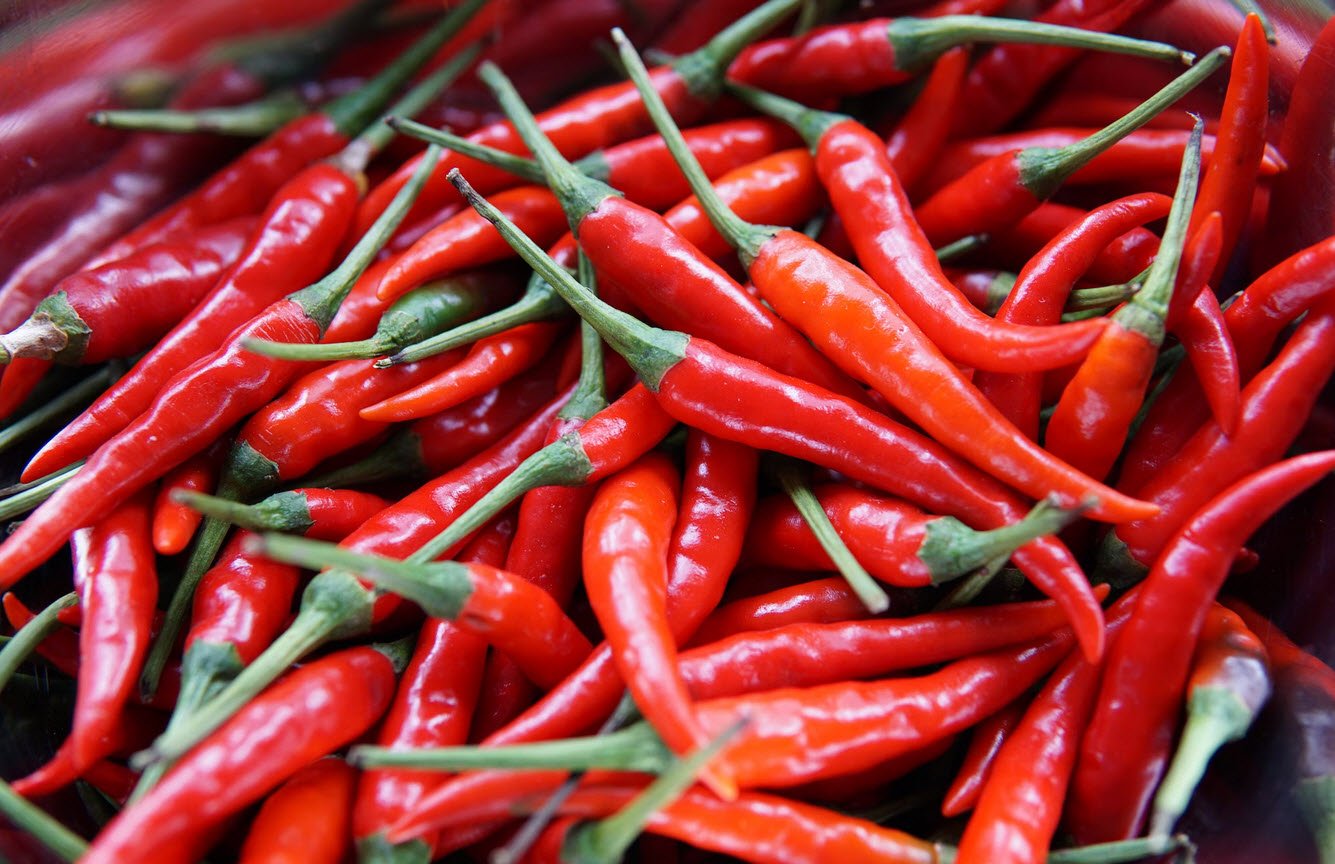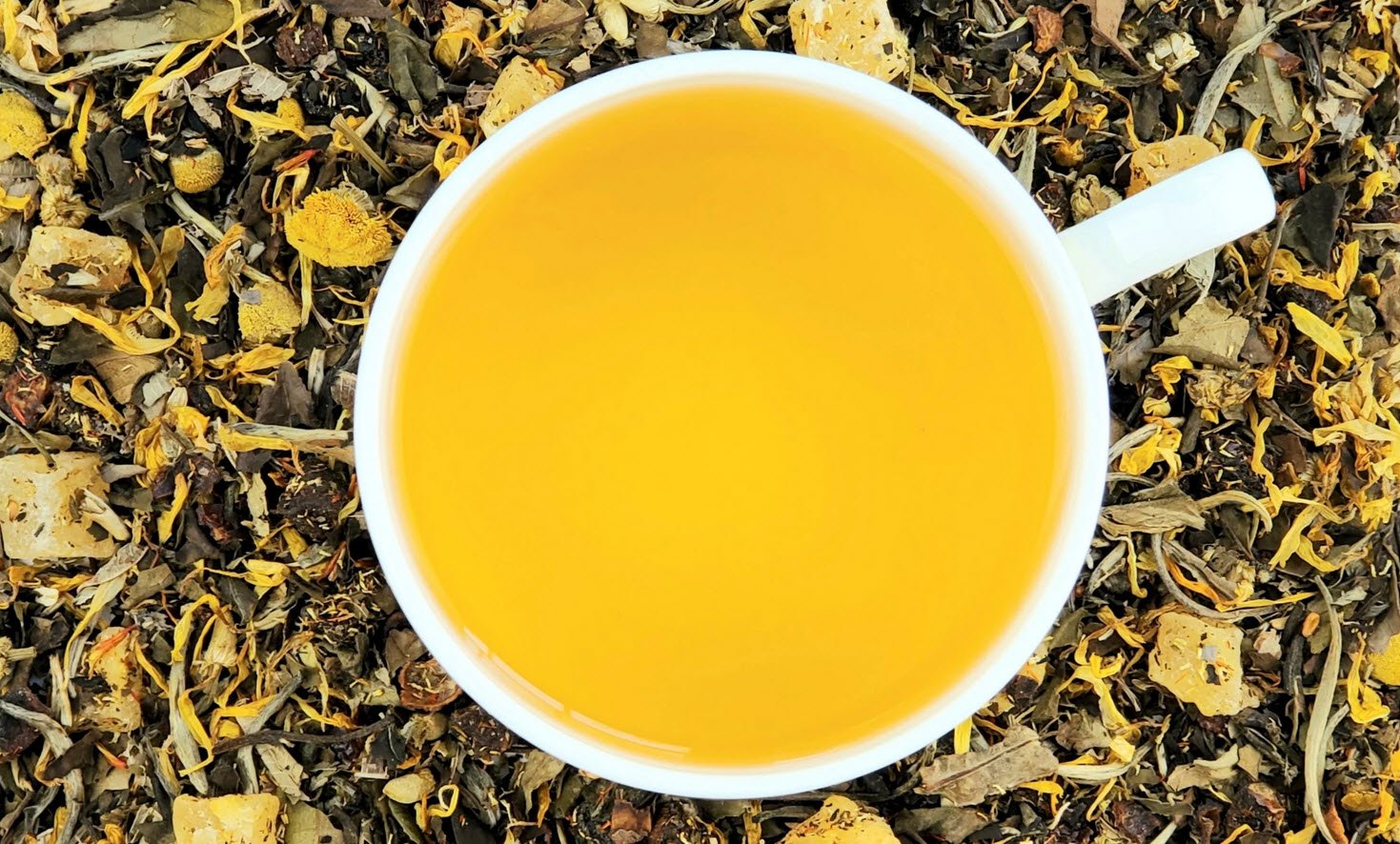
Memory is the brain’s capacity to encode, store, hold onto, and subsequently recall knowledge and previous experiences. In general, it can be described as the use of past experiences to modify or influence present behavior, whether it happens right away after the information has been received or decades from now.
Human memory is much more intricate and flexible than that, despite how tempting it is to conceive of it as computer storage or a tape recording that can be played back flawlessly whenever you choose! Even our understanding of how memory functions have evolved throughout time.
For instance, did you know that in the 1960s, a hypothesis called “cell memory” or “cellular memory” proposed that not just brain cells but all cells in the body were capable of retaining memories?
This was based on studies on memory transmission using cannibal flatworms and anecdotal reports of organ transplant recipients developing new habits or memories, but such theories are now regarded as pseudoscientific and haven’t been published in peer-reviewed academic journals.
One of the most crucial things we can do to boost our memory and mental performance is to eat the correct foods. Omega-3 fatty acids, B vitamins, and antioxidant-rich foods can keep us alert and concentrate for extended periods. Additionally, they enhance our cognitive powers and help us retain more information more precisely.
Following Are The 5 Foods To Sharpen Memory
- Turmeric
- Berries
- Extra Dark Chocolate
- Fermented Foods
- Leafy Greens
1. Turmeric
The vibrant yellow-orange spice recognized for its medicinal properties, turmeric, is also a potent memory enhancer. According to studies, both those who are cognitively healthy and those who are experiencing an age-related decrease in cognition can benefit from taking turmeric. This spice has ingredients that promote the development of new brain cells and shield the health of existing ones. You can keep your memory sharp for years to come by taking turmeric regularly.
Turmeric, one of the main components of curry powder, contains a substance called curcumin, which is the key to its beneficial effects on the brain. Curcumin has potent anti-inflammatory properties. Consuming it, according to research, helps lessen anxiety symptoms and age-related cognitive deterioration. While turmeric is beneficial on its own, black pepper can enhance its effects. Because piperine, a substance found in black pepper, activates curcumin and boosts its bioavailability to the body and brain, always includes “a pinch of black pepper with turmeric.”
By adding it to a robust rice dish, a side of potatoes, a golden milk latte, or some oatmeal, you may add turmeric and black pepper to your diet.
2. Berries
Antioxidants, phytonutrients, fiber, vitamins, and minerals are abundant in berries. These nutrients aid with memory retention and the fiber content feeds microorganisms in the gut that lower inflammation in the brain. choose from a variety of berries in red, blue, and black. For instance, blackberries are a fantastic source of antioxidants, which support the health of brain cells, while blueberries have various types of flavonoids connected to minimizing oxidative stress. Strawberries are also high in flavonoids and may help slow down cognitive decline.
Consuming a range of vibrant berries might also lessen anxiety symptoms and ward off neurodegenerative illnesses like dementia.
First, berries’ high antioxidant content aids in preventing brain cells from being harmed by dangerous free radicals that are released into the body during the “oxidation” process.
Second, berries alter the way brain cells communicate with one another. These adjustments can enhance movement control and function by reducing inflammation, which can cause brain cell damage.
3. Extra Dark Chocolate
The health of brain cells is preserved by the antioxidants and cacao flavanols found in extra-dark chocolate. Additionally, fiber is present, which helps prevent cognitive loss and reduce inflammation in the brain. A 2020 study examined the potential effects of white and dark chocolate on the memory of healthy young individuals. Two hours after eating the chocolate, participants who received dark chocolate performed verbal memory tests better than those who received white chocolate.
Researchers hypothesized that this was caused by dark chocolate’s increased flavonoid content, which “may acutely boost cognitive function in humans.” 70% cacao or more cacao should be used in extra dark chocolate.
According to one meta-analysis, 45 grams of dark chocolate per week is the recommended serving size for maintaining the health of our blood arteries, especially those that carry blood to the brain.
4. Fermented Foods
Foods are added to a culture of microbes during fermentation when the sugars in the food are subsequently consumed. As a result, other products are produced, like lactic acid, which can breed bacteria that are good for the gut. We possess what is referred to as a gut-brain connection. Thus, eating fermented foods and maintaining good gut health may potentially enhance cognitive performance. enjoys eating homemade kimchi with celery sticks as a snack or adding it to salads for more texture and flavor.
However, consuming a lot of fermented foods might cause bloating. Reduce your consumption until your body and gut adjust if you feel uneasy.
Additionally, you should double-check the food labels to make sure the items you’re purchasing have been fermented. You’ll typically find a label that says “live active cultures.”
5. Leafy Greens
The benefits of consuming more leafy greens for your health are well known. But there is growing proof that increasing the intake of vegetables like spinach and kale can enhance brain health over time.Eating one serving (1/2 cup cooked or one cup raw) of green leafy vegetables per day may dramatically minimize memory loss and better retain cognitive function, according to a recent study by researchers at Rush University Medical Center in Chicago.
Because they include folate, a B vitamin that aids neuro development and neurotransmitter function, leafy greens are a mainstay in diets for brain health. Folate insufficiency has been linked to increased symptoms of depression as well as cognitive aging.
You may also read:
- Exploring the Delightful World of Cold Sauces – From Aioli to Tapenade
- How To Prepare Keto Vanilla Cake
- 15 Different Types of Citrus Fruits You Need To Know
- A Guide to the Diverse World of Peppers
- Exploring the World of White Teas – A Delicate Symphony of Flavors
- Crafting a Vienna Vanilla Coffee Latte
- 4 Easy Steps to Prepare the Perfect Macchiato
- 20 Snacks Under 100 Calories – All You Need To Know
- Sunset Smoothie For Weight Loss – Preparation and Benefits
- Top 16 World’s Healthiest Foods








